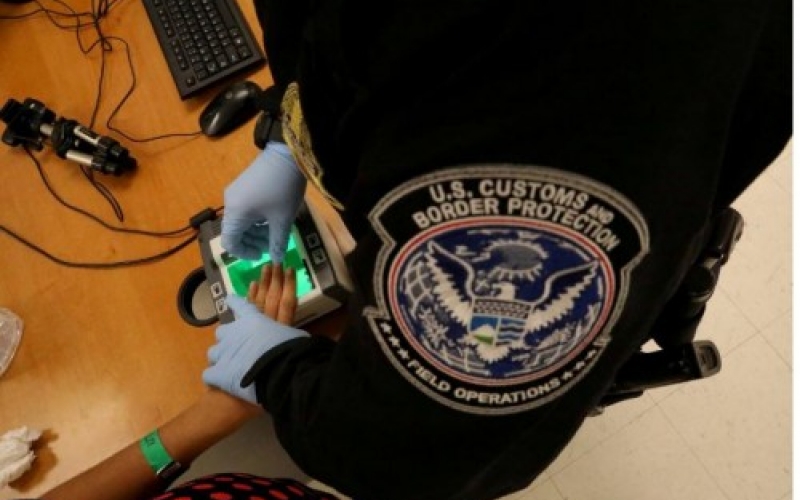The Trump administration will institute tougher screening procedures as the president’s 120-day worldwide travel ban on refugees ends, the Wall Street Journal reported on Tuesday.
The White House will announce the US will once again begin accepting refugees but they will have to undergo more thorough examinations, the report said.
Under the new vetting rules, the government will collect more data about the refugee’s family members and places of employment and will closely examine their social media use to determine if their public postings match what they say on their immigration applications, the newspaper reported.
As part of the new rules, officials at the US Citizenship and Immigration Services Agency, which is overseen by the Department of Homeland Security, will receive more training intended to help them detect fraud on the applications.
An executive order signed by President Trump and tied up in legal challenges was allowed to proceed by the courts in June. It put the refugee program on hold for 120 days as part of a larger travel ban designed to stop potential terrorists from entering the US. That period ended on Tuesday.
Refugee admissions will resume from all countries, but the Wall Street Journal reported that people from 11 targeted counties will be subject to enhanced vetting.
Immigration advocates say the strict screenings are unnecessary and point to the lengthy process that refugees already have to go through. “The United States’ refugee vetting procedures – which include extensive and comprehensive interviews as well as multiple rounds of security vetting with an array of U.S. and international intelligence and law enforcement agencies – are widely recognized as the most stringent in the world,” the group Human Rights First said in a statement last month.
Trump said the rules are needed to keep American secure. “Since 2001, hundreds of persons born abroad have been convicted of terrorism-related crimes in the United States,” Trump wrote in his executive order. “They have included not just persons who came here legally on visas but also individuals who first entered the country as refugees.”
